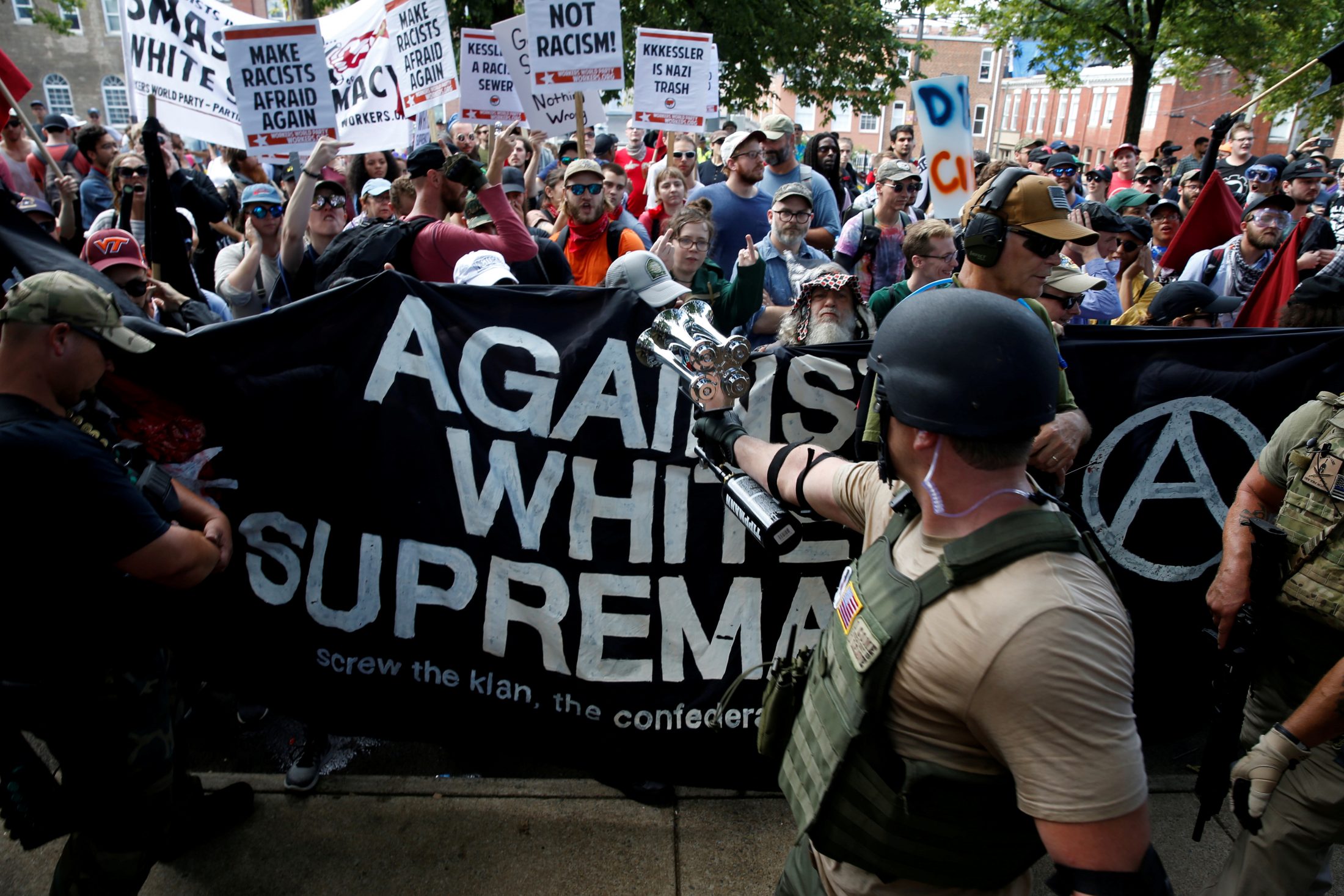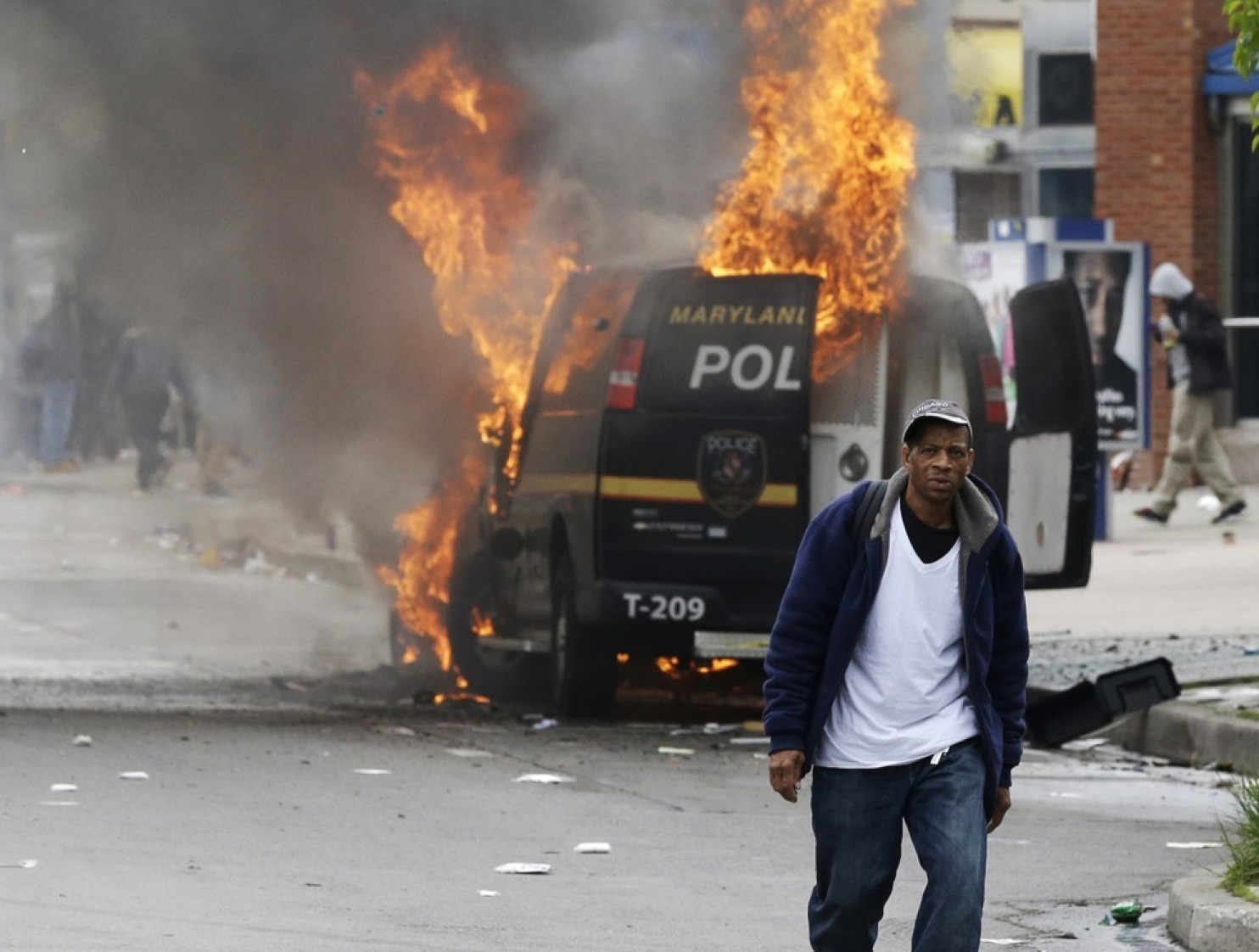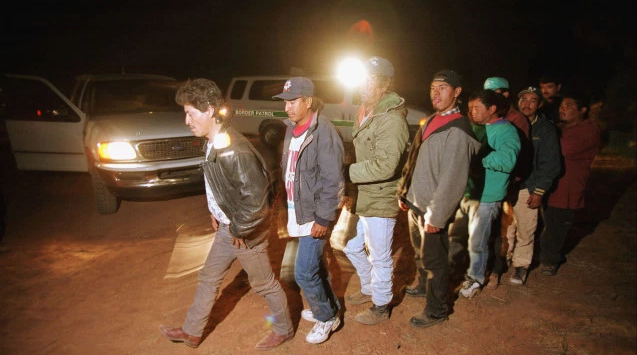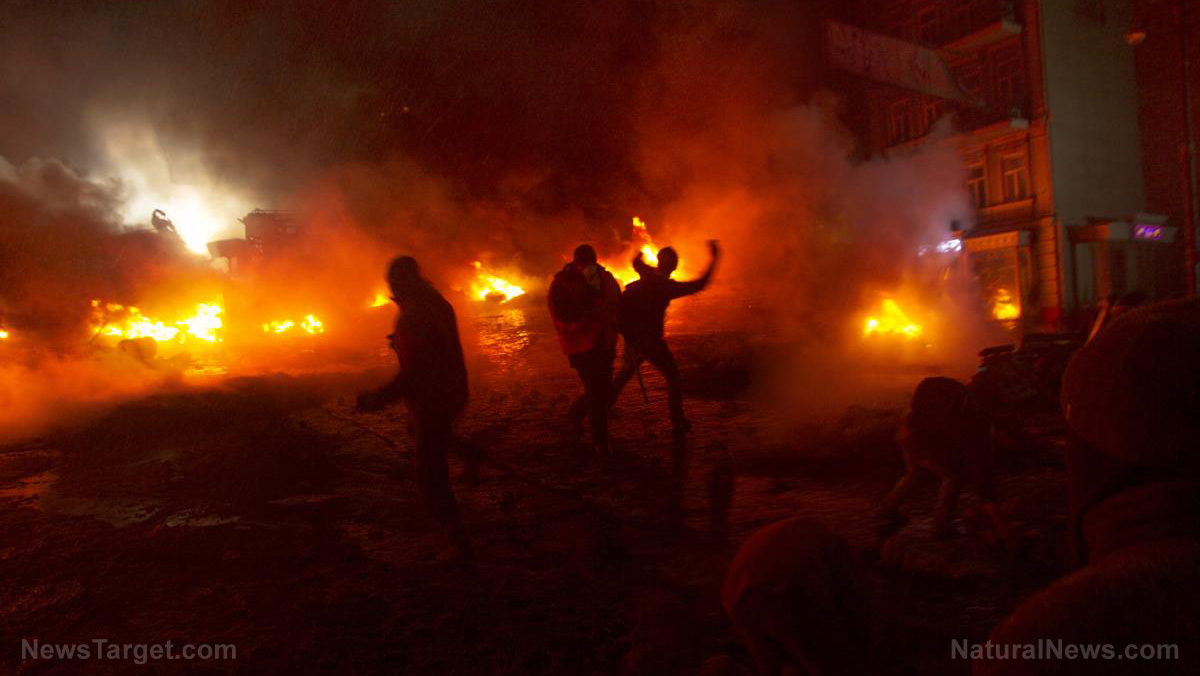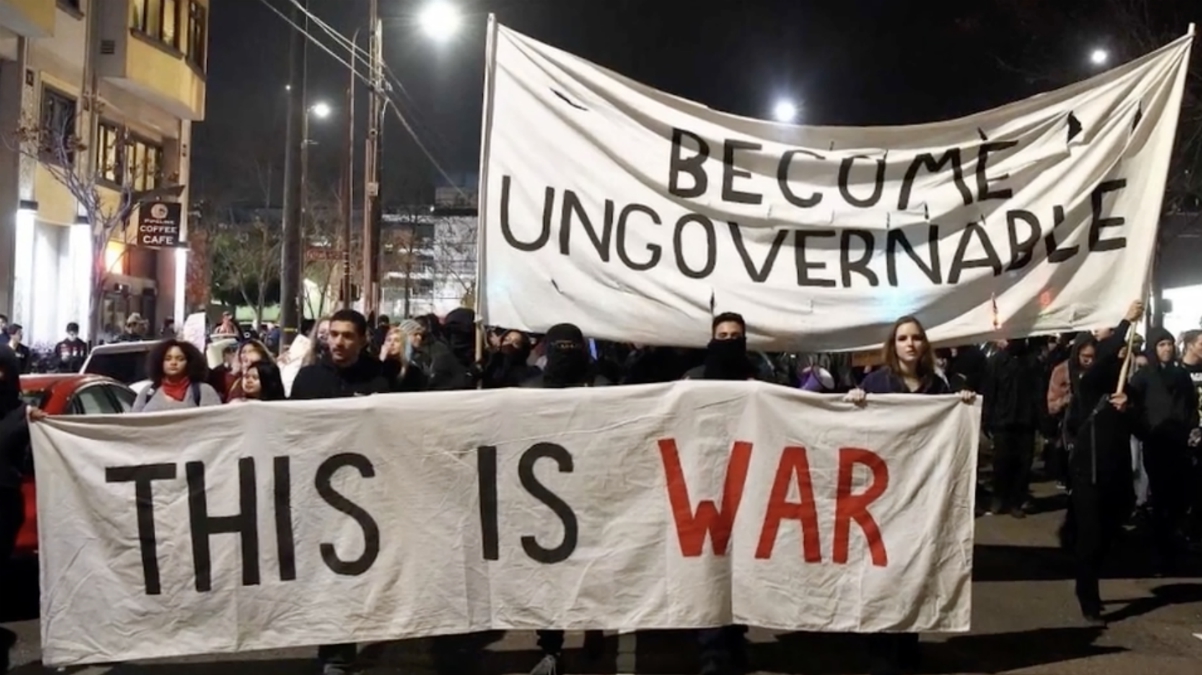Texas church shooter acquired his firearm illegally, proving yet again that gun control laws don’t stop people who plot to commit mass murder
11/08/2017 / By JD Heyes
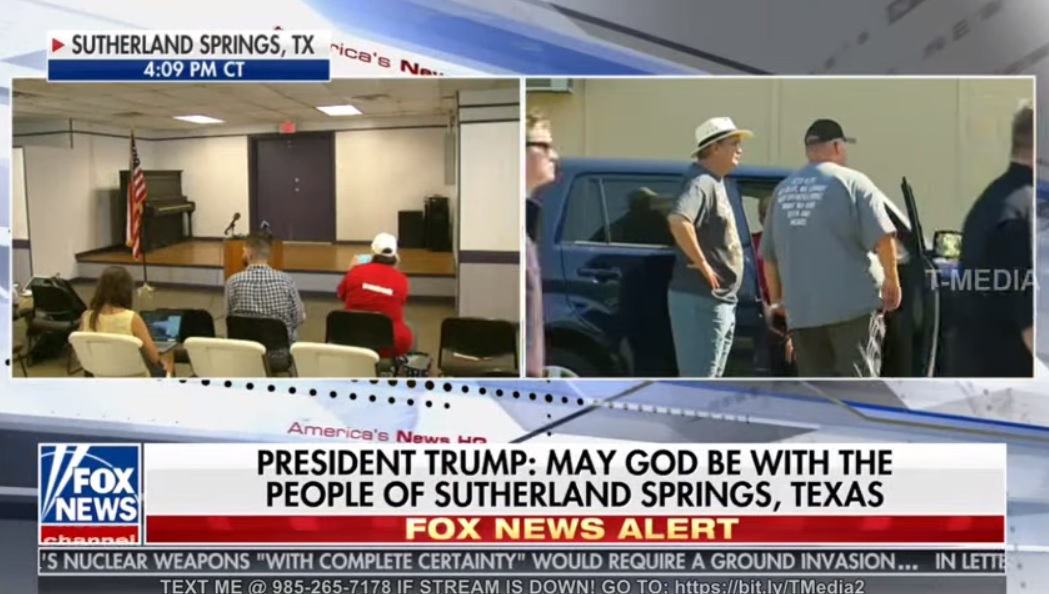
In the wake of Sunday’s mass shooting at a small-town Texas church, the far Left and even some Republicans are once again talking about gun control, as if adding yet another layer of regulation to the Second Amendment — on top of all the existing layers — will help.
What’s interesting is that the shooter, Devin Kelley, should not have been able to legally buy his guns, including the one he used to murder 26 people at the First Baptist Church in Sutherland Springs, Texas.
Why?
Because existing laws should have prevented him from being able to purchase an estimated four guns per year from 2014-2017.
What laws are those, you ask? Federal statutes that prohibit Americans who have been court-martialed by the military or convicted of domestic violence, of course — and Kelley had been convicted of both.
But the problem is, the Air Force — which court-martialed him in 2012 and then confined him for a year — failed to notify the FBI of his conviction, as the military services are required to do by law. So when Kelley would show up to buy his next gun during that three-year timeframe, he always passed the FBI’s background check system.
Even weirder in this tragic story: The state of Texas denied Kelley a permit to carry a concealed weapon, though he managed to beat the federal background check requirements (because a federal bureaucracy — this one belonging to the military — failed to do its job).
“Kelley bought a Ruger AR-556 rifle, used in the attack on the church in Sutherland Springs, Texas, in April of last year from an Academy Sports & Outdoors store in San Antonio,” reports Business Insider. He wrote on his application that he did not have a “disqualifying criminal history,” but by then he knew he could do so confidently because he had already bought several guns over the preceding three years without ever being flagged by the FBI background check.
Per The Gateway Pundit:
According to McMilitary Law: States have laws for gun control for court martial cases.
Will I be able to own firearms?
Federal and state laws do place restrictions on the purchase of firearms by those convicted of felonies. 18 USC § 922(b). Many jurisdictions distinguish between violent and nonviolent offenses.
So in other words, it was against existing law for Devin Kelley to own any guns, period. There are federal standards in place for people who are no longer allowed to legally purchase and possess firearms, but Congress has not funded them since 1992, making it virtually impossible to regain lost firearms privileges due to violations of federal statutes.
As the New York Post reported, President Donald J. Trump agrees with most conservatives that additional gun laws would not have prevented the Texas massacre.
Asked about tougher gun laws on the second leg of his Asia tour alongside South Korean leaders, Trump was irritated by the reporter’s question, saying it wasn’t appropriate to discuss the Texas shooting “in the heart of South Korea.”
But he then said, “If you did what you’re suggesting, there would have been no difference three days ago and you might not have had that very brave person who happens to have a gun or a rifle in his trunk,” referring to a local man who shot at Kelley and caused him to flee the scene, likely saving additional lives. (Related: Texas church shooter was stopped by armed citizen with rifle.)
The president also said the shooting wasn’t a “guns situation” but a “mental health problem at the highest level.”
It also isn’t a ‘lack of gun laws’ situation, either, but what gun rights advocates have said for years — a lack of enforcing existing gun laws, as the Air Force bureaucracy proved.
J. D. Heyes is the editor of The National Sentinel and a long-time correspondent for Natural News and NewsTarget.
Sources include:
Tagged Under: air force, bureaucracy, Devin Kelley, failure, firearms, gun control, gun laws, shooting, Texas church, violation
RECENT NEWS & ARTICLES
COPYRIGHT © 2017 VIOLENCE NEWS

